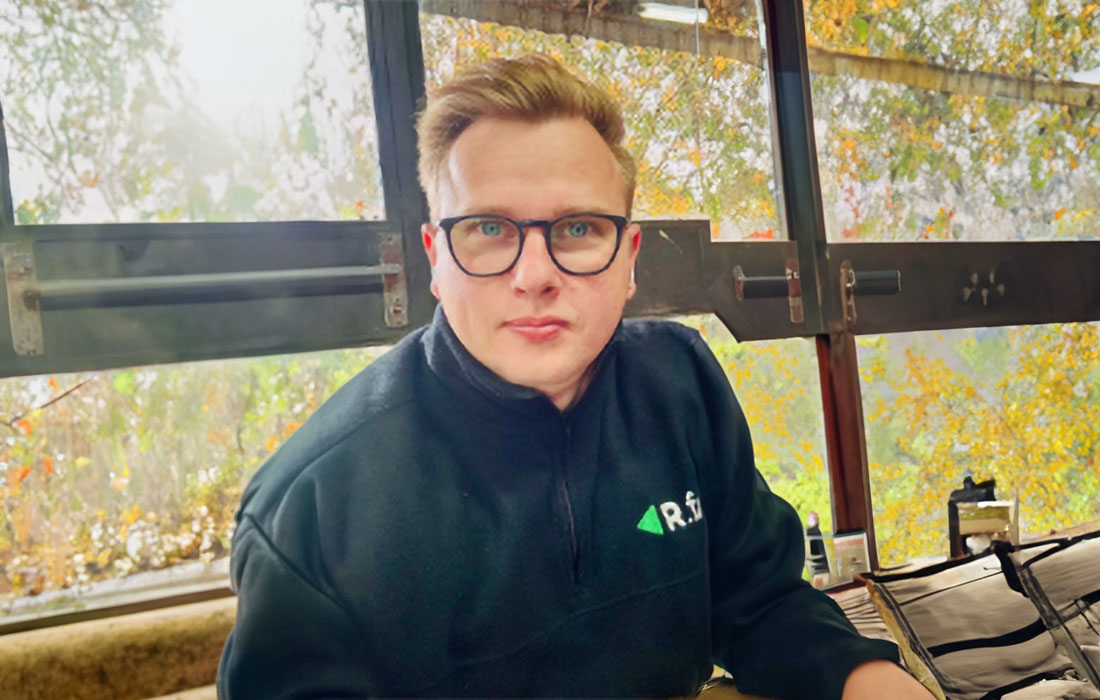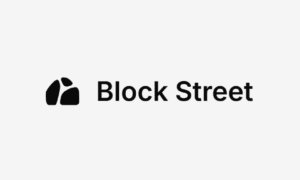The livestock auction industry in the United States has long relied on in-person sales, manual record-keeping, and outdated transaction methods. While these traditional practices have sustained the sector for decades, they now pose significant challenges in an increasingly digital economy. With the U.S. livestock market valued at approximately $50 billion, inefficiencies in auction processes have created barriers that limit competition, reduce profitability, and exclude rural sellers and buyers from broader market access. Despite advancements in technology across other sectors of agribusiness, auctions remain one of the least modernized aspects of livestock commerce, a gap that continues to cost the industry billions in lost revenue annually.
For many ranchers, participating in livestock auctions requires long-distance travel to centralized auction houses, a necessity that increases costs and limits their ability to sell to the highest bidder. Market data suggests that over 80% of livestock transactions in the U.S. still occur through in-person sales, restricting opportunities for both buyers and sellers. In addition to geographical limitations, the continued reliance on manual processes leads to inefficiencies in bid tracking, delays in payment processing, and inconsistencies in pricing due to a lack of real-time market data. Without modernized systems in place, auction houses struggle to optimize operations, while ranchers and traders are left with outdated pricing mechanisms that fail to reflect current supply and demand trends.
Resistance to digital transformation has further complicated the modernization of livestock auctions, with many auction organizers hesitant to transition to automated platforms. While some online auction services exist, they often provide only basic video streaming or simple bidding functionalities, failing to integrate the comprehensive digital tools needed to enhance efficiency and market reach. Additionally, rural connectivity challenges remain a major hurdle, as a significant portion of the agricultural workforce still lacks access to reliable high-speed internet. The Federal Communications Commission has estimated that over 22 million Americans in rural areas remain without broadband, leaving them at a disadvantage when it comes to digital commerce. Without a concerted effort to bridge this gap, large portions of the industry risk being left behind as other areas of agriculture adopt technology-driven solutions.
Recognizing these challenges, a new company is preparing to introduce a platform that aims to transform the landscape of livestock auctions. ISMAEL WEEGE LLC, founded by software entrepreneur Ismael Bergmann Weege, will develop a fully integrated, cloud-based auction system designed to modernize the industry by making auctions more accessible, efficient, and transparent. The platform will allow auction organizers to move away from manual processes, offering a digital environment where buyers and sellers can participate remotely, track bids in real time, and access data-driven insights to inform pricing strategies. The company’s mobile-friendly application will enable broader participation by allowing ranchers and traders to engage in auctions from any location, reducing the dependency on physical attendance.
The company’s vision is rooted in the expertise of its founder. Weege, a software developer and business leader with more than 15 years of experience, has built a career at the intersection of technology and agribusiness. In Brazil, he developed a digital auction platform called Rematefy, which has successfully streamlined livestock auctions by integrating automation and real-time analytics. His work in agricultural technology extends beyond auctions, having previously designed a management system for rice farmers to optimize irrigation practices. Drawing from these experiences, he now seeks to bring a similar technological evolution to the U.S. market.
Beyond improving efficiency, ISMAEL WEEGE LLC will aim to address some of the industry’s most pressing concerns, including pricing transparency and rural digital accessibility. The platform will incorporate AI-driven analytics to provide auction houses and sellers with real-time market insights, allowing for more informed pricing decisions based on data rather than estimation. This approach aligns with broader efforts by organizations such as the USDA, which have pushed for greater transparency in agricultural pricing. Additionally, to accommodate areas with limited broadband infrastructure, the system will be optimized for low-bandwidth environments, ensuring that rural participants are not excluded from digital bidding.
Weege acknowledges that transitioning an industry steeped in tradition to a digital-first model will require not only technological solutions but also hands-on support. His company will offer training programs and on-site assistance to auction houses, helping them navigate the shift from manual operations to an automated system. This commitment to direct engagement is part of a larger effort to ease concerns around technology adoption and ensure that stakeholders feel confident in the new system.
“The goal is not just to introduce technology but to make sure it actually works for the people who rely on auctions to sustain their businesses,” Weege explains. “Modernization should not create barriers—it should remove them. By developing a system that is intuitive, reliable, and tailored to the needs of auctioneers and ranchers, we can create a more inclusive and efficient marketplace.”
In addition to its direct impact on auction operations, ISMAEL WEEGE LLC will play a role in broader economic and workforce development. As digital tools become more embedded in agribusiness, there is a growing demand for professionals with expertise in both technology and agricultural trade. The company’s expansion is expected to contribute to job creation in areas such as software development, IT support, and agribusiness consulting. Moreover, by fostering digital adoption in rural areas, the company aims to encourage a shift toward modernization across the agricultural sector as a whole.
Although ISMAEL WEEGE LLC has yet to begin operations, its vision represents a significant step toward bridging the gap between traditional livestock trading and the digital economy. With the potential to increase market participation, improve price accuracy, and enhance operational efficiency, the company’s approach aligns with ongoing efforts to bring greater transparency and accessibility to agricultural commerce. As livestock auctions evolve, digital transformation may prove to be not just a competitive advantage but a necessary step for long-term industry sustainability.





























